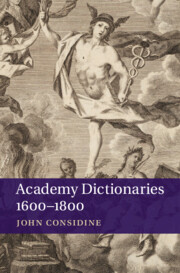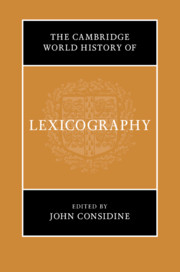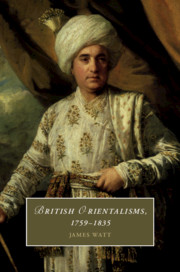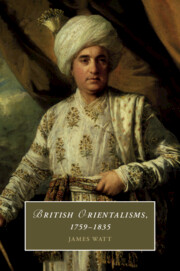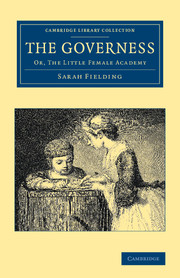Academy Dictionaries 1600–1800
This is the first unified history of the large, prestigious dictionaries of the seventeenth and eighteenth centuries, compiled in academies, which set out to glorify living European languages. The tradition began with the Vocabolario degli Accademici della Crusca (1612) in Florence and the Dictionnaire de l'Académie françoise (1694) in Paris, and spread across Europe - to Germany, Spain, England, Denmark, Sweden, the Netherlands, Portugal, and Russia - in the eighteenth century, engaging students of language as diverse as Leibniz, Samuel Johnson, and Catherine the Great. All the major academy and academy-style dictionaries of the period up to 1800, published and unpublished, are discussed in a single narrative, bridging national and linguistic boundaries, to offer a history of lexicography on a European scale. Like John Considine's Dictionaries in Early Modern Europe (Cambridge University Press, 2008), this study treats dictionaries both as physical books and as ambitious works of the human imagination.
- The first unified history of academy dictionaries covering Spain, England, Denmark, Sweden, the Netherlands, Portugal, and Russia
- It places dictionaries in the mainstream of cultural and intellectual history
- A readable, non-technical narrative founded on broad interdisciplinary scholarship
Reviews & endorsements
"Considine achieves a good balance of primary and secondary sources, surveying the existing scholarship and advancing it with new research, and he writes with admirable clarity. … Essential."
J. T. Lynch, Choice
'Rarely does one feel it’s a privilege to read a scholarly work, but when I finished the last sentence of John Considine’s Academy Dictionaries 1600–1800, I felt that privilege - I felt intellectual satisfaction and a humane connection to the subject I had not imagined on opening the book - and knew that I would soon read the whole book again, with yet more pleasure and benefit than in the first instance. Though a compact book, [it] is profound intellectual and cultural history, as well as essential history of lexicography, brilliantly executed. Considine manages to tell a story about a forest without losing sight of the very trees without which the forest would be merely an idea, rather than a historical reality, and he does so with remarkable - and characteristic - intellectual perspective and narrative dexterity.' Michael Adams, Dictionaries: Journal of the Dictionary Society of North America
Product details
June 2014Adobe eBook Reader
9781139991148
0 pages
0kg
This ISBN is for an eBook version which is distributed on our behalf by a third party.
Table of Contents
- 1. Introduction
- 2. The beginnings of the academy tradition: the Vocabolario degli accademici della Crusca
- 3. The making of the Dictionnaire de l'Académie, and its seventeenth-century rivals
- 4. The Dictionnaire de l'Académie françoise from its publication to the end of the eighteenth century
- 5. The Fruchtbringende Gesellschaft and its offshoots in Germany and Denmark from the 1640s to the mid-eighteenth century
- 6. The academy tradition from the seventeenth century to 1750: England, Brandenburg / Prussia, and Spain
- 7. Samuel Johnson and Johann Christoph Adelung
- 8. The continuing academy tradition from 1751 to 1800: the United Provinces, Russia, Portugal, Denmark, and Sweden
- 9. Afterword: the year 1800 as a turning point
- Bibliography.

